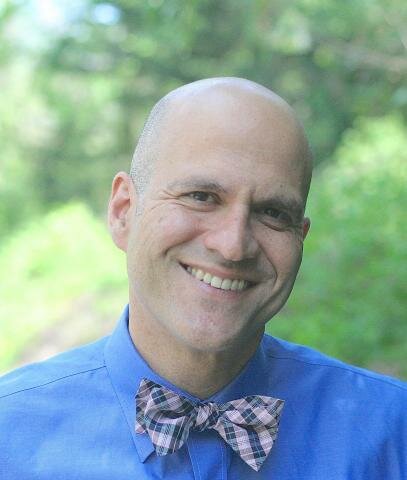
Protecting Primary Care Practices and Countering Consolidation by Expanding a Program that Works
We have all been trying to reach that vaunted Triple Aim in health care. Better care, better health outcomes, and lower costs. This new Administration has the chance to get us closer to making that a reality than ever before - and it doesn’t even need to pass a new program.
Amid the flashy excitement of the CMS Innovation Center, throughout the life and death urgency of a global pandemic, and across two administrations of opposing parties, there has been one value-based care program that has been churning right along. It has enrolled more than 10 million Medicare beneficiaries. It has aligned the financial incentives for more than 350,000 physicians all across the country. And it has produced consistent, independently-verified, reproducible results.
The Medicare Shared Savings Program has unrivaled national impact. And it’s doing it the right way, saving billions of dollars for the taxpayers by finally getting the financial incentives right so providers can deliver upstream, preventive, and coordinated care. The Biden administration should continue to build on the only permanent value-based program created by the Affordable Care Act. Why should only 10 million Medicare beneficiaries enjoy the fruits of this program? Let’s aim our sights on 20 million! 30 million!
MSSP hasn’t just been a successful value-based care program, though. It’s also an essential tool to protect our health care system from the ills of consolidation. Research has shown for years that consolidation in the health care industry has meant higher costs for individual patients, and for society as a whole. And new research is starting to show that it doesn’t even lead to measurable differences in the quality of care. Large health systems are buying up small, independent practices all across the country, and patients and taxpayers are worse off because of it.
MSSP shows us the way out. If you look into the details of MSSP results, you see that this is the program that finally puts David on a level playing field with Goliath. It’s the independent practices - specifically independent primary care practices - that consistently deliver the best results in the program. In 2018, physician-led ACOs in MSSP delivered more than seven times the savings per beneficiary that hospital-led ACOs did. That’s not a typo.
MSSP has it all - it helps us move towards the Triple Aim, all while keeping the ecosystem of small, independent primary care practices alive and well, which improves the quality of health care, leads to better health outcomes, and lower costs for the entire country. We need this program to be a bigger part of our health care system. And here’s how.
First, the Administration should ensure that ACOs across the country are treated equitably. We don’t want MSSP stuck in certain regional hotspots because of a glitch in the program. There’s already legislation to fix this, but the Administration could take care of this “rural glitch” right away through regulation.
Second, the Administration should clear away the barriers that get in the way of physicians who want to join an ACO. Today, when a physician joins an ACO, they have to wait two years to receive the MACRA Advanced Alternative Payment Model (AAPM) bonus. Why not reward them the very first year they make the commitment to value-based care?
Third, we should stop pretending the jury is still out on MSSP, and bring more practices into the program as quickly as possible so more Medicare beneficiaries can get the better care an ACO provides, and the taxpayers can finally get the savings they deserve. The Administration and Congress should work together to extend the availability of the AAPM bonus. They should work to double the size of MSSP in the next two years, and ensure that most of that growth is fueled by the independent primary care practices who have been punching above their weight ever since MSSP began.
In 2010, we started a number of innovative, exciting experiments into value-based care. Today, we know what works. We should do more of it.
